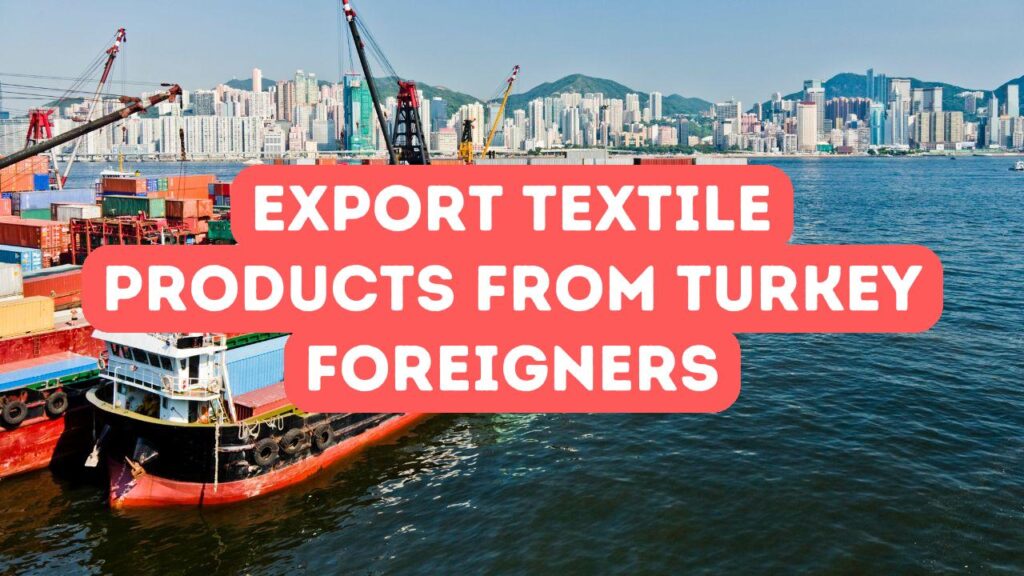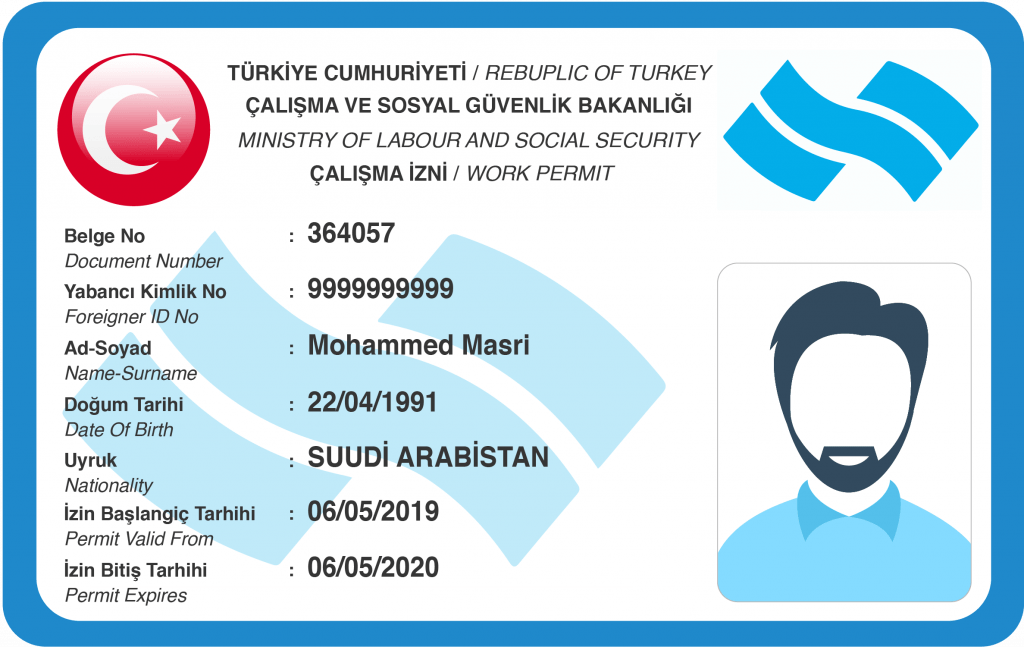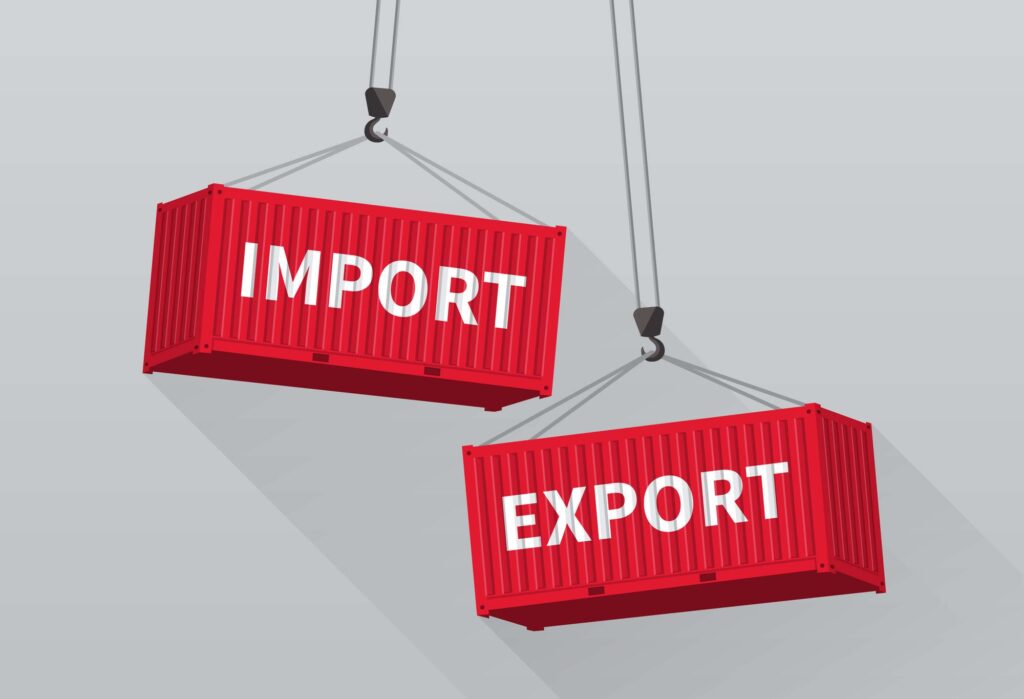Exporting textile products from Turkey can open doors to new markets and opportunities. The Turkish textile market is renowned for its quality and competitive pricing, earning a significant foothold globally. But how to export textiles effectively from this vibrant market? This export guide Turkey offers insights to navigate these waters. First, understand the dynamic textile industry Turkey is part of, where supply chains are robust and business practices evolving. Next, tackle the export regulations, which, though often daunting, are critical to ensuring smooth transactions. Whether it’s local customs or international laws, knowing them can save you headaches later. Utilize strategic planning and establish relationships with local agents to ease the process. With high-quality products, informed strategies, and a clear understanding of how to export textiles, you can pave your way toward international markets confidently. Remember, success in exporting isn’t just about products; it’s about making smart, informed moves.
Navigating Customs Regulations for Textile Exports
Navigating customs regulations is often seen as the maze in exporting textile products. In Turkey’s thriving textile industry, understanding the legal landscape can set you apart. A well-prepared approach to these regulations is your passport to international markets. Start by familiarizing yourself with Turkey’s export guide. It covers necessary permits and documentation, which are your best friends in this process. Don’t let local customs rules trip you up—insider knowledge makes a difference here. Who’d want to face delays or fines? These hurdles can slow your journey and cost you dearly. Dive into the specifics of the Turkish textile market to see what standards your products need to meet. Compliance isn’t a mere tick-box exercise; it’s crucial for gaining trust abroad. With these steps tucked into your arsenal, you can navigate customs smoothly and make exporting a rewarding venture.
Understanding export regulations is pivotal for successfully shipping textile products from Turkey. The Turkish customs system might seem intricate, but with the right groundwork, you can streamline the process. Invest time in researching the textile industry in Turkey; each regulation ties back to its specifics. For example, tariffs may vary based on the fabric type, and knowing these nuances is crucial. You wouldn’t want a surprise fee popping up right before export—those can cut into profit margins significantly. Make sure all export documents meet Turkish textile market standards. The more you delve into export guide Turkey insights, the smoother your ventures will be. Consider leveraging professional help or customs clearance services if it feels overwhelming. Their expertise in how to export textiles can prove invaluable. Equip yourself with this knowledge and turn what seems like an obstacle into your competitive edge in the international textile domain.
In the labyrinthine domain of exporting, paperwork is your compass. Outlining meticulous steps based on the export guide Turkey can transform paperwork from a hurdle into a strategic tool. Mastering these documents—invoice declarations, certificates of origin, and packing lists—safeguards your textile business from errors. Remember, the Turkish textile market’s standards are your lighthouse. Adhering precisely to them isn’t optional; it’s essential in ensuring that every shipment aligns with global expectations. Communicating with customs before dispatching goods acts as a preemptive strike against unwelcome surprises during export. Ever wondered how to export textiles with fewer hitches? Crafting clear, comprehensive paperwork turns that mystery into a promise of efficiency. Keep an eye on fluctuating regulations within the textile industry Turkey has crafted, and don’t hesitate to seek advice when needed. With diligence, navigating customs regulations can transform from a burden into a bridge unlocking smooth, lucrative exports.
Essential Documentation for Successful Textile Exportation
Securing the right paperwork is like having a passport to the world of textile exporting. The documents you need form the backbone of a successful export operation. Start with a detailed Commercial Invoice and a precise Packing List; they’re your trade show tickets. Also, the Certificate of Origin plays a vital role in confirming the Turkish origins of your textiles. Join forces with local authorities; they are your allies in understanding compliance requirements. The Turkish textile market is ripe with opportunity, but missing a step in documentation can steer you off course. Export textile products efficiently by familiarizing yourself with international shipping documents, such as the Bill of Lading. Wondering how to export textiles seamlessly? Magnify your efforts with this extensive export guide Turkey offers. These formalities ensure your textile industry Turkey endeavors sail smoothly across borders, turning the idea of export into reality.
Navigating through the export maze requires diligence. Essential documentation can transform potential obstacles into mere stepping stones. At the forefront is the Export License, granting you the official nod to sell outside Turkey’s borders. Secure an ATA Carnet to simplify customs procedures, acting like your textiles’ VIP pass in global trade events. Pay attention to the Dangerous Goods Declaration if your products include certain materials like dyes. Understanding these documents is your compass within the textile industry Turkey landscape. Partnering with a local freight forwarder familiar with the Turkish textile market can provide a guiding hand in acquiring necessary papers. Questions about how to export textiles? Dive into the extensive export guide Turkey provides and simplify the complex web of procedures. This knowledge empowers your venture, ensuring that your export textile products arrive seamlessly in international markets, adding credibility to your brand worldwide.
Among the linchpins of export textile products is the mastery of essential documentation. The Inspection Certificate is a key player, certifying quality match-up to customer expectations. Equally pivotal is the Letter of Credit, offering a safety net, ensuring smooth financial transactions with global buyers. With Turkey’s textile industry bursting with potential, even a slight overlook of these documents can mean missed opportunities. Embrace the intricacies of export documentation with our comprehensive export guide Turkey discusses. Is it clarity in international trade you seek? This guide elucidates the nuances, arming your business with robust strategies to handle the export process. The Turkish textile market, renowned for reliability, rewards exporters who thread through its myriad requirements with precision. Can how to export textiles become a seamless journey? Absolutely—with the right paperwork and partnerships, you’re not just exporting textiles; you’re exporting excellence.
Marketing Strategies to Boost Turkish Textile Sales Abroad
Successfully exporting textile products from Turkey relies on effective marketing strategies that tap into the global marketplace. Understanding the Turkish textile market’s unique allure—superior quality at competitive prices—is your starting block. To boost sales abroad, leverage digital platforms that resonate with international buyers. Highlight not just the aesthetic but the craftsmanship behind your products, painting a picture that captures their imagination. As you explore how to export textiles, consider collaborations with influencers who can weave your story into their narratives, giving your brand visibility in circles that matter. Tailor your content to varied cultures, ensuring that your message is both relatable and compelling. A strategic export guide Turkey can signal potential markets, pointing where opportunity ripples. Lastly, stay abreast of the dynamic shifts within the textile industry Turkey is famed for, adjusting your tactics as needed to remain ahead. Embrace these steps, and watch your international sales flourish.
Building a solid digital presence is key to marketing Turkish textile products abroad. Utilize e-commerce marketplaces that align with your brand’s essence. These platforms can help tap into vast networks of eager buyers. Develop a seamless online shopping experience with easy navigation and secure payment options. Prioritize SEO on your website, integrating key phrases like export textile products to boost visibility. Engaging visuals and videos showcasing the intricate designs and quality materials of the Turkish textile market are essential. Use enticing storytelling to connect emotionally with potential buyers. Meanwhile, social media remains a powerful tool. Forge connections with global audiences by sharing the story of your products, emphasizing the rich traditions of the textile industry Turkey is known for. Apply these marketing strategies, and your brand will resonate on the international stage, unlocking potential for growth and engagement. Let the world see the beauty woven into every piece from Turkey.
Networking is a powerful ally in your strategy to export textile products. Regularly attend international trade shows and exhibitions that focus on the textile industry Turkey is renowned for. These events are fertile grounds for establishing personal connections, which are invaluable when you aim to expand your brand’s reach. Strengthen these ties by engaging with trade associations that can offer insights and resources specific to the Turkish textile market. Such alliances often unveil opportunities not immediately visible through other channels. Beyond physical presence, bolster your digital networking by joining online industry forums and groups where the conversation about how to export textiles is already lively. Offering valuable advice or sharing expertise can position you as a thought leader, enhancing your brand’s reputation. Additionally, tapping into an export guide Turkey can provide direction on developing governmental or institutional relationships that facilitate smoother transactions. By weaving these connections into your business strategy, you’ll lay a robust foundation for international success.






